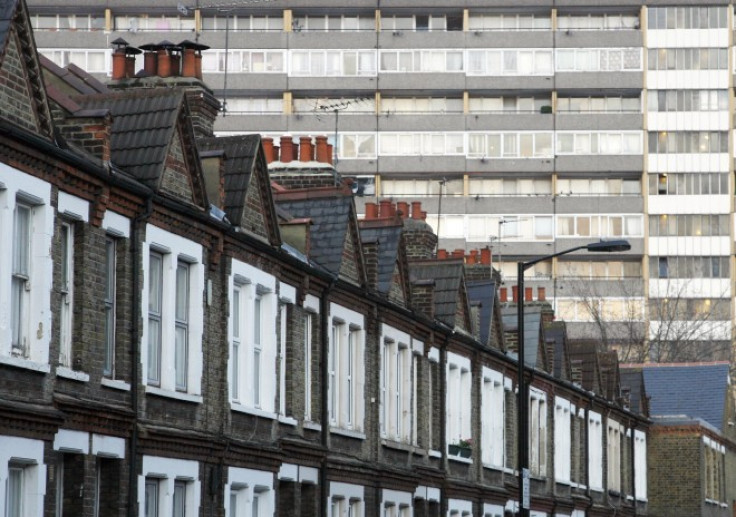House prices see "uneventful" 0.1 per cent rise in September

House prices increased by 0.1 per cent in September, according to the latest figures from the Nationwide house price survey.
The rise follows a drop in house prices of 0.8 per cent in August reported by Nationwide. The average price of houses rose from £166,507 in August to £166,757 in September.
According to Nationwide's survey the annual change in house prices slowed from a rise of 3.9 per cent in August to 3.1 per cent.
Martin Gahbauer, Chief Economist at Nationwide, said, "September proved to be an uneventful month for house prices. The seasonally adjusted price index for a typical
UK property was essentially unchanged in September, edging up by a marginal 0.1 percent from its August level. That left the annual rate of house price inflation at 3.1 percent, down from 3.9 percent in August and 6.6 percent in July. The three month on three month rate of change - a good indicator of the near term price trend - fell from 0.0 percent in August to -0.9 percent in September. This represents the first negative reading for the three month rate of change since May 2009 and is consistent with the clear loosening of housing market conditions observed over the summer months.
"Although the three month rate of change has turned negative, at this stage it is not pointing to a significant pace of decline in property values. During the 2008 downturn in house prices, the three month rate of change dropped as low as -5.5 percent, well below the current level of -0.9 percent. Nonetheless, buyers appear to have a slightly better hand than sellers at the moment, as the market continues to absorb the recent increase in property for sale.
"Where house prices go next will depend on whether the strong flow of new property onto the market continues into the autumn, and on the extent to which existing sellers are willing to compromise on their asking price in order to make a quicker sale. Many of the new sellers who have marketed their properties may indeed be speculative sellers testing the market in response to the price gains seen since early 2009 and the abolition of Home Information Packs (HIPs). If this is the case, and there is little urgency to sell for financial or other reasons, then prices may remain more or less stable, albeit at the expense of market activity. The housing market would then be characterised by a stalemate situation with low levels of liquidity and little change in house prices. If, on the other hand, most of the new sellers in the market are keen to sell more quickly, then the recent slight downward trend in prices may continue.
"Developments in the labour market will also be a key determinant of housing market performance. Recent news from the labour market has been mixed. On the positive side, growth in the number of people in employment reached a record 286,000 in the three months to July, though the majority of the new jobs created were part-time rather than full-time (chart 1). The growing use of part-time labour by firms probably reflects a desire to expand production as the economy recovers, but to do so with enough flexibility to change course quickly in case economic conditions deteriorate again. This approach suggests that confidence about the durability of the recovery is still somewhat fragile among many employers."
© Copyright IBTimes 2024. All rights reserved.





